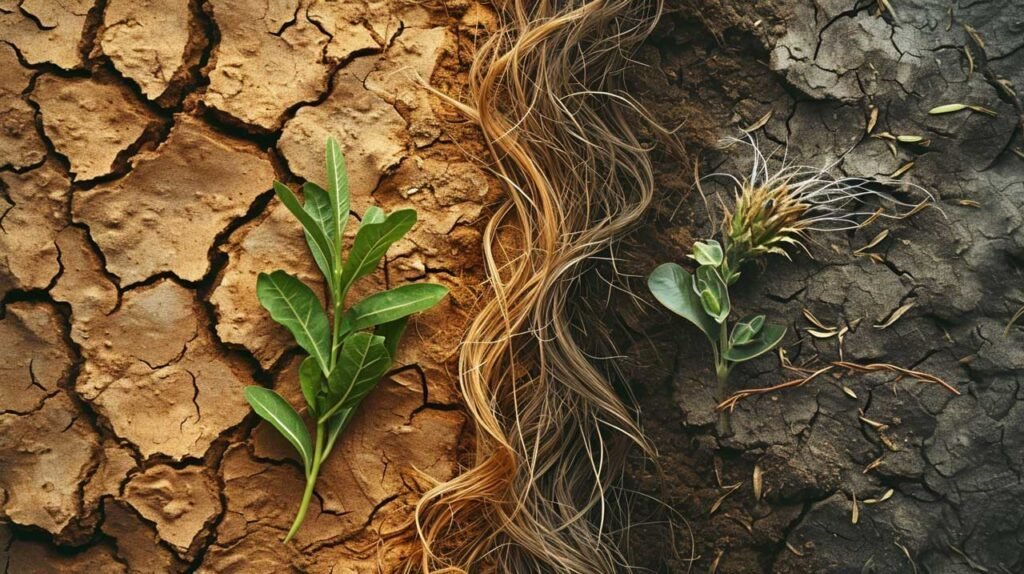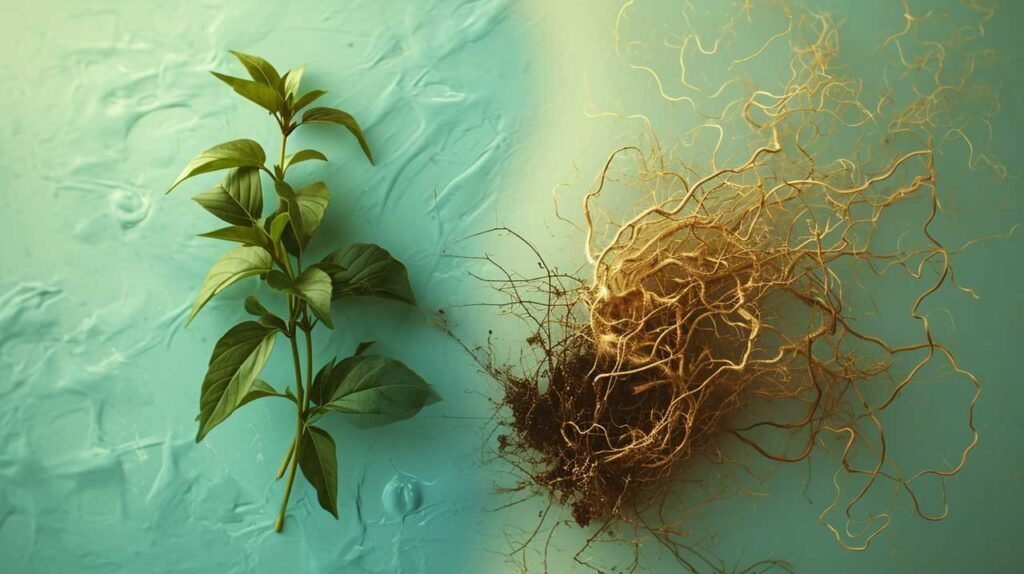Water is essential for life and critical in maintaining cellular integrity and function across the human body. When considering dermatological health, the effects of dehydration go deeper than the skin, influencing the health of hair follicles. Emerging studies indicate that insufficient water might lead to hair loss, with the body prioritizing vital functions over hair growth. The complex mechanisms behind hair loss due to dehydration include a range of factors, from reduced nutrient supply to the dermal papilla to decreased blood flow and oxygen to the scalp. Although the connection between hydration and hair health isn't fully explained, initial evidence suggests that keeping hydrated prevents hair loss. The intricate link between these factors encourages a more detailed examination, prompting those concerned about their hair's health to consider the impact of their daily water intake.
Frequently Asked Questions
Can Hair Loss From Dehydration Be Reversed?
Hair loss caused by temporary factors such as a lack of fluids can often be remedied. By ensuring proper hydration, hair growth may be restored, assuming there are no other permanent issues impacting the hair follicles.
Can Drinking More Water Help With Hair Loss?
Proper hydration contributes to hair health by enhancing scalp circulation and nutrient distribution to hair roots. Consuming water regularly can help reduce hair thinning and improve hair's overall vitality and strength.
What Are the Symptoms of Dehydration in Hair?
Symptoms of hair dehydration encompass a lack of luster, diminished shine, and increased fragility, which can lead to hair breakage, dryness, and a reduction in thickness. It is crucial to ensure adequate hydration to preserve health and prevent these symptoms from occurring in hair.
Can Lack of Electrolytes Cause Hair Loss?
A lack of electrolytes might contribute to hair loss, as these minerals are crucial for sustaining cellular operations and hydration levels, which are necessary for the health and growth of hair follicles. Electrolytes, including sodium, potassium, magnesium, and calcium, play a role in various bodily functions, and their deficiency can affect the body in multiple ways, including the possibility of impacting hair health. Maintaining adequate levels of electrolytes is important for properly functioning hair follicles and promoting hair growth.

The Link Between Dehydration and Hair Loss
Comprehending the link between dehydration and hair loss is vital, as a lack of sufficient hydration can severely affect the scalp and hair's well-being, potentially resulting in reduced hair growth and increased fragility. When the body is dehydrated, it deprives the hair of essential moisture and nutrients crucial for sustaining strong hair follicles. Keeping hydrated ensures that your hair stays radiant and tough against external factors.
A shortfall in fluid intake can decrease blood flow to the scalp, thus depriving hair follicles of the oxygen and nourishment needed for robust hair development. To counter these negative impacts, consuming adequate amounts of water and adopting moisturizing hair care routines is essential. This comprehensive approach towards hydration can avert the risk of hair loss due to dehydration and promote the health of your hair.

Symptoms of Dehydrated Hair
Recognizing the signs of dehydrated hair is crucial for tackling the root problem of insufficient moisture, which can impair hair health and vitality. When hair suffers from dehydration, several symptoms may become apparent:
- Hair might turn dry, losing its inherent sheen and glossy appearance, indicating the need for more moisture.
- The tips of hair could display split ends, or the strands might turn fragile, suggesting a deficit in essential hydration.
- Generally, hair might show an uptick in breakage, signifying it has forfeited its elasticity and robustness due to lack of water.
These clinical indicators underscore the importance of maintaining proper moisture levels to sustain the integrity and health of hair. Individuals observing these signs should re-evaluate their water intake and hair care practices to prevent further harm.
Preventing Dehydration-Induced Hair Issues
To counteract hair issues caused by dehydration, it's crucial to keep hydration levels optimal by drinking plenty of water and eating foods high in moisture. Consuming at least 8-10 glasses of water daily supports hair health aids hair growth, and helps prevent hair loss. Foods like water-rich fruits and vegetables are key for enhancing hair hydration, which can help combat the detrimental effects of dehydration on hair strength and scalp condition.
Using hair care products that contain moisturizing ingredients such as amino acids and argan oil can also improve the moisture content of hair. Reducing heat-styling tools and chemical treatments and applying scalp serums can contribute to scalp hydration and promote a healthy environment for hair follicles.

Hydration Tips for Healthier Hair
Focusing on methods to prevent hair issues related to lack of water, it's vital to practice specific hydration tips to promote healthier hair growth and vitality. Staying adequately hydrated is a key element of hair care, which greatly affects the state of the scalp and the strength of hair strands. To improve the health of your hair, consider these suggestions:
- Make it a priority to drink sufficient water, with a target of at least eight glasses daily to sustain the hydration levels necessary for robust hair.
- Ensure your diet is filled with foods rich in water content, which aids in maintaining the moisture of the scalp and nourishment of hair follicles.
- Adopt regular hair care routines that focus on hydration, such as applying deep conditioning treatments to help maintain the moisture balance in your hair.
Taking these steps can make a notable difference in maintaining the health of your hair.
Scalp Care for Optimal Hair Growth
Recognizing the significance of a healthy scalp is crucial for promoting optimal hair growth and preventing conditions that could result in hair loss. Prioritizing scalp care is key to combating the effects of dehydration on hair roots. Regular scalp massages boost blood flow, feed follicles, and encourage strong growth. Choosing sulfate-free shampoos helps to keep the scalp's natural oils intact, thus maintaining a balanced environment. Exfoliating the scalp is important to clear away dead skin cells and prevent clogged follicles. Protecting the scalp from harmful ultraviolet rays with hats or SPF hair care products is wise. Adding hydrating treatments like scalp serums can strengthen this protection. Focusing on daily water consumption promotes overall hydration and bolsters the scalp's health and the vitality of the hair.
References:
Scalp Condition Impacts Hair Growth and Retention via Oxidative Stress
Links:
Norwood Scale: Understand Your Hair Loss With This Chart
A Comprehensive Guide to Hair Loss: Causes and Treatments
Illnesses That Cause Hair Loss in Females: Uncovering the Hidden Health Culprits

